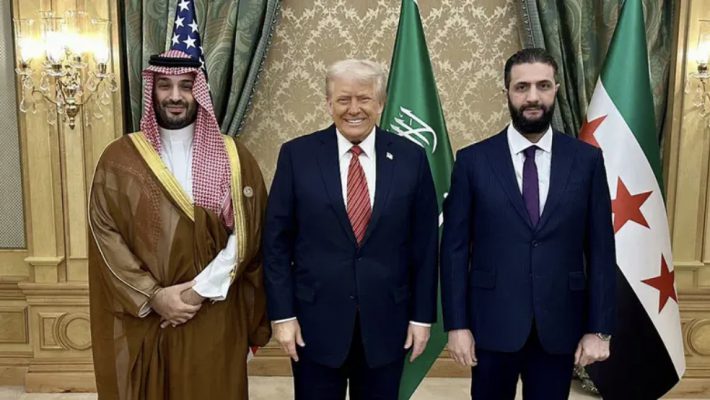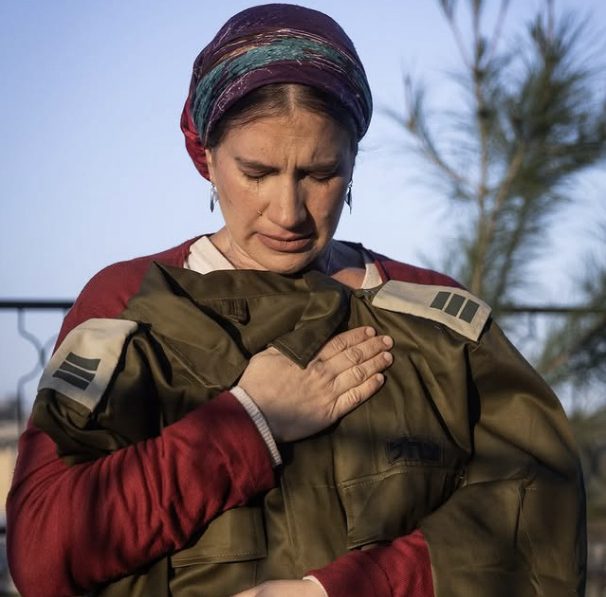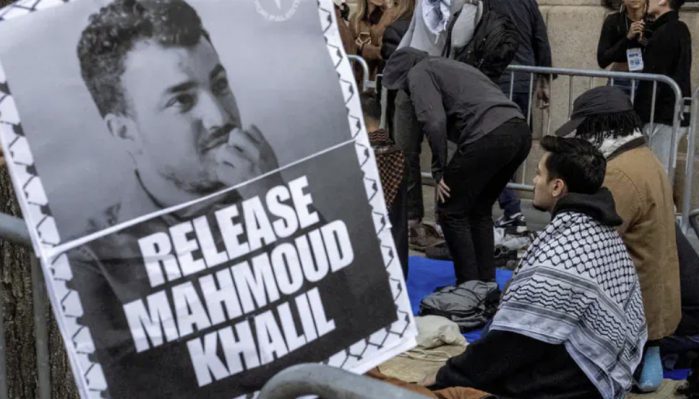In a stunning diplomatic twist, President Trump invites Syria’s Ahmed al-Sharaa to Washington, signaling an unprecedented US-Syria rapprochement.
In a move that has stunned diplomats and thrilled regional strategists, the White House confirmed Tuesday that US President Donald Trump will host Syrian President Ahmed al-Sharaa in Washington next week — the first-ever visit by a Syrian head of state to the White House.
White House Press Secretary Karoline Leavitt said the meeting, scheduled for Monday, forms part of Trump’s sweeping initiative to reshape the Middle East power balance and isolate Iran’s radical influence.
“When the President was in the Middle East, he made the historic decision to lift sanctions on Syria to give them a real chance at peace,” Leavitt told reporters. “We’ve seen remarkable progress under their new leadership — a willingness to cooperate against terror and rebuild a shattered nation.”
According to Syrian officials, the agenda will center on post-war reconstruction, counterterrorism coordination, and phased relief from remaining sanctions.
The invitation marks a tectonic shift in Washington’s posture toward Damascus after years of hostility under Bashar al-Assad’s regime. Since taking power in December, al-Sharaa — a former Islamist rebel who renounced extremism and fought ISIS — has repositioned Syria as a potential partner in the global fight against terror.
Analysts say the Trump-al-Sharaa summit could herald a new strategic alignment, one that rewards moderation and cooperation while pressuring Iran-backed proxies that continue to destabilize the region.
The US-led coalition eradicated ISIS’s final Syrian stronghold in 2019, but remnants of the terror network persist in eastern Syria. Al-Sharaa’s government has pledged to deny sanctuary to jihadist factions and restore order, a stance that earned cautious approval from Washington.
In May, Trump began lifting sweeping economic sanctions on Syria in response to those commitments. By June, an executive order revoked the core of the Caesar Act program, freeing up aid and trade for reconstruction — while maintaining personal sanctions on Assad loyalists and terror-linked actors.
The White House has not confirmed whether next week’s visit will produce a formal security pact aligning Syria with the US-led coalition against ISIS. Should that occur, it would represent a dramatic geopolitical pivot — a nation once branded a terror state now poised to cooperate openly with the West.
For Israel and its allies, the development is being watched closely. A Syrian regime distancing itself from Tehran’s shadow could reduce threats along Israel’s northern frontier and strengthen the emerging US-brokered regional security arc stretching from Jerusalem to Riyadh.
As one Israeli defense analyst noted, “If Trump manages to flip Damascus away from Iran, it could reshape the map of the Middle East more profoundly than the Abraham Accords.”





